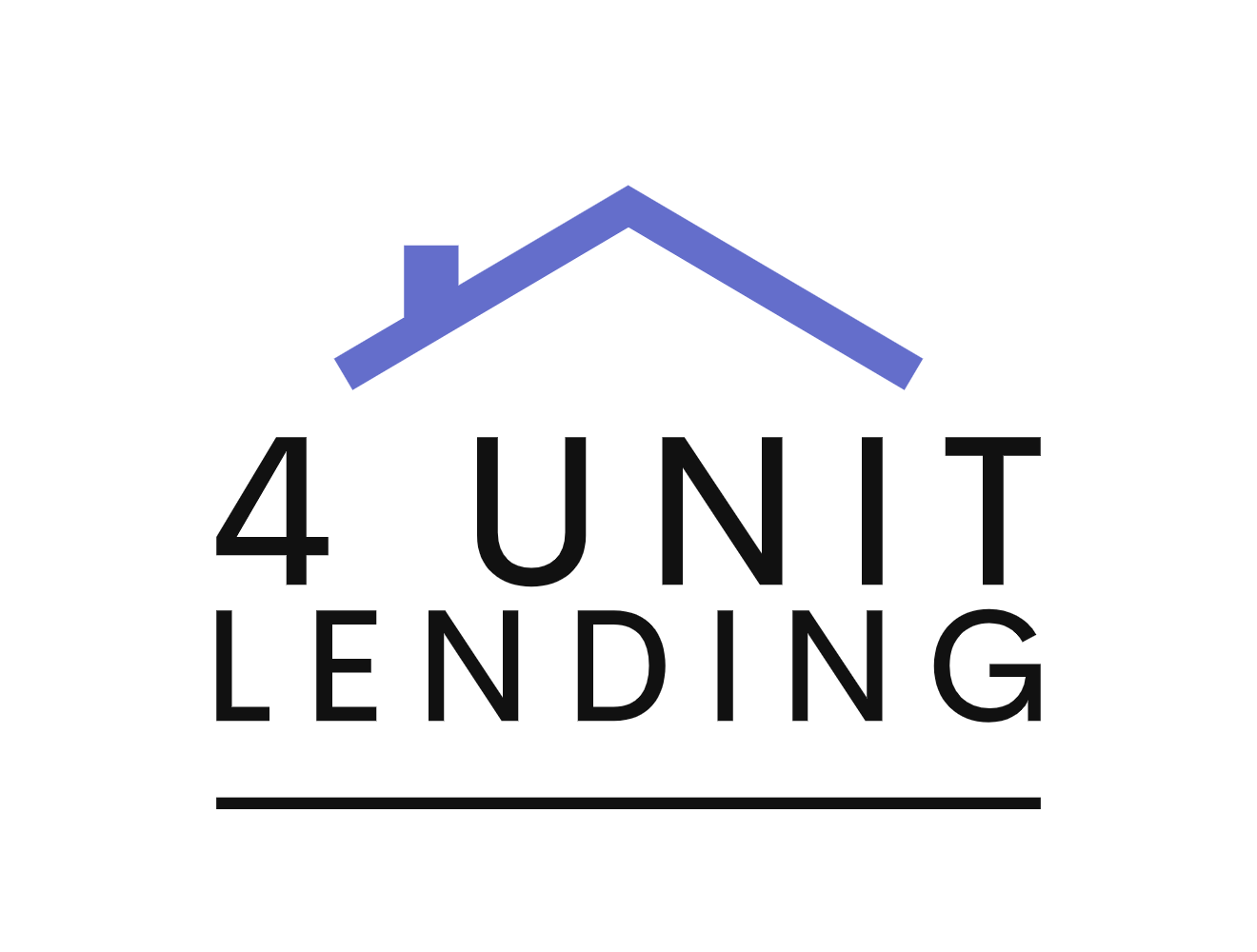Key takeaways
FHA loans and conventional loans are both issued by private lenders, but FHA loans are insured by the federal government, and conventional loans are not.
Due to their federal backing, FHA loans have more lenient criteria, so they’re better suited for borrowers with lower credit scores.
Conventional loans require a higher credit score and stronger financials, but also come with lower costs, less stringent home appraisals and cancellable mortgage insurance.
If you’re getting ready to buy a house, you have a lot of decisions to make. The same way that you can explore types of properties, you can — and should — explore different types of mortgages.
The two most popular kinds of mortgages are conventional loans and FHA loans. While they have many similarities, they also have different qualifications that make them better fits for different types of borrowers.
Here’s how to choose between the two loan types.
Comparing FHA vs. conventional loans
Both FHA loans and conventional loans are home mortgages originated by private lenders. Both can come with either a fixed or adjustable interest rate and have a loan term of a set number of years, typically 15 or 30.
Conventional loans are what most people think of when they envision a mortgage. They’re available through the majority of lenders in the U.S. — including banks, credit unions, savings and loan institutions and online mortgage companies — and are not backed or guaranteed in any way by the government. The lender bears all the risk of the debt.
In contrast, FHA loans are insured by the Federal Housing Administration (FHA), a division of the U.S. Department of Housing and Urban Development (HUD). This means the government will compensate the lender in case the borrower defaults on payments. FHA loans are geared toward homebuyers who might have difficulty obtaining a conventional loan and tend to have more flexible requirements than conventional loans.
The differences between FHA and conventional loans
FHA loans
Conventional conforming loans
Credit score minimum
580 (with 3.5% down) or 500 (with 10% down)
620
Maximum debt-to-income (DTI) ratio
Usually 43%, but can go to 50% or more with compensating factors like a large savings account balance
Usually 45%, but can go up to 50% in some cases
Down payment minimum
3.5% (with a 580 credit score) or 10% (with a 500 credit score)
3% for fixed-rate loans or 5% for adjustable-rate loans
Loan limits
$524,225 in most areas
$806,500 in most areas
Mortgage insurance
Mortgage insurance premiums (MIPs) required on all loans
Private mortgage insurance (PMI) required on loans with less than 20% down; removable
Appraisals
Required by the FHA according to specific HUD guidelines and performed by an FHA-approved professional
Required by the lender to evaluate the property’s value against the sales price and performed by a state-licensed professional
Interest rates
FHA loan rates
Conventional loan rates
Credit score
FHA loan: As low as 500
Conventional loan: At least 620
One big difference between FHA and conventional loans is the credit score requirement. FHA loan borrowers can qualify with a credit score as low as 500 or 580, depending on their down payment amount. With a score of at least 500, you’ll need to put 10 percent down, or if your score is at least 580, you can put down as little as 3.5 percent. Conforming conventional loans require a credit score of at least 620, but many lenders will want to see a higher score. If you have excellent or good credit, a conventional loan is often the better choice.
DTI ratio
FHA loan: 43 percent, but can go up to 50 percent
Conventional loan: 45 percent in most cases
Your debt-to-income ratio is the measure of all your debt — the mortgage included — relative to your monthly income. For a conforming conventional loan, the maximum DTI ratio is 45 percent in most cases. For an FHA loan, the maximum DTI ratio is usually 43 percent, but it can go up to 50 percent.
Down payment
FHA loans: 3.5 percent with a credit score of 580 or better; 10 percent with credit score between 500 and 579
Conventional loan: As low as 3 percent for some loan types
Depending on the lender and program, some conventional loans require a down payment of as little as 3 percent.
With an FHA loans, if your credit score is at least 580, you can put down just 3.5 percent. If your score is below 580, but not lower than 500, you’ll be required to put down 10 percent.
Loan limits
FHA loans: $524,225 in most areas
Conventional loans: $806,500 in most areas
Depending on your location, choosing between an FHA and a conventional loan might come down to the price of the house you want to buy. Keep in mind that both types of loans have limits on the amount you can borrow.
The conventional conforming loan limit, set by the Federal Housing Finance Agency each year, starts at $806,500 in 2025 and goes up to $1,209,750 in more costly housing markets. A conventional loan can exceed these limits, but at that point, it’d be considered a nonconforming jumbo loan.
The FHA loan limit is also adjusted each year, and there are different limits based on location and property type. In 2025, the FHA loan limit for a single-family home is $524,225 in most markets and goes up to $1,209,750 in higher-cost areas.
Mortgage insurance
FHA loans: Both upfront and annual MIP required on all loans
Conventional loans: PMI required for borrowers who put down less than 20 percent
If you don’t have 20 percent of the home’s purchase price for a down payment, you’ll be required to pay for mortgage insurance whether you’re getting a conventional or FHA loan. And either way, your premium will typically be a part of your monthly mortgage payment.
FHA mortgage insurance premiums (MIPs) also include an upfront premium equal to 1.75 percent of the loan amount. Then, you’ll pay portions of an annual premium with each monthly payment. This premium is determined by the size of your down payment, how much you borrowed and the length of the loan: 15 years versus 30 years.
If you make a down payment of at least 10 percent, your MIP will be removed after 11 years, but if you make a lower down payment, you’ll pay it for the life of the loan.
Conventional loan borrowers don’t have to pay mortgage insurance forever: It can be canceled once the borrower achieves 20 percent equity in the home. You can get to this threshold by following your repayment schedule to pay down the loan balance, making extra payments or getting a new appraisal if your home’s value has risen substantially.
Appraisal
FHA loan: Required by the FHA and performed by an FHA-approved professional to insure the home meets HUD guidelines
Conventional loan: Required by a lender and performed by a third party to determine the home’s value
When financing your home through a conventional mortgage, your lender will require a home appraisal. Lenders want to ensure the home is worth the amount of money they’re extending to you.
Meanwhile, FHA lenders require a more thorough appraisal process, which is designed to make sure the property complies with HUD standards. This can take longer than a conventional appraisal, and it may encourage sellers to select other offers if you’re in a competitive market.
Interest rates
FHA loans: May have lower interest rates, but higher fees
Conventional: May have higher interest rates, but lower fees
With both types of loans, the lender sets the interest rate, determined primarily by your credit score. That said, there can be some differences between FHA and conventional rates. You’ll want to get quotes from lenders before you make a decision.
FHA loans sometimes have more favorable interest rates than conventional loans, but the difference is often offset by fees, including the MIP charges. When comparing FHA vs. conventional rates, make sure you check each loan’s annual percentage rate (APR) — which includes both the cost of the interest rate and all the fees — as the FHA loan’s might actually be higher than that of a comparable conventional loan.
Should you get an FHA loan or a conventional loan?
When comparing FHA vs. conventional loans, the best fit largely depends on you and your financial profile.
If your credit score is below 620, a loan backed by the FHA might be your only option. It might also be a better deal if you can’t manage a 20 percent down payment, which is harder and harder with today’s high home prices.
“The biggest difference between FHA and conventional would be the down payment. FHA rates typically are lower and more flexible for less down,” says Phil Crescenzo Jr., vice president, southeast division, for Nation One Mortgage Corporation.
For buyers who have the ability to make a 20 percent down payment, there’s far less benefit in seeking an FHA mortgage, unless they’re not able to qualify for a conventional mortgage because of either credit score issues or a previous bankruptcy. “In those cases, an FHA loan would be an option, but only if it was due to approval [problems],” Crescenzo says.
Of course, the lower down payment comes at a cost. “Most FHA loans carry mortgage insurance for the duration, which is a drawback to some,” Crescenzo says. However, the premiums may be lower than those you’d incur on a conventional mortgage with less than 20 percent down, “as this cost is capped with an FHA loan,” Crescenzo adds.
When to choose an FHA loan
An FHA loan is a good choice if you:
Have a credit score below 620
Have a smaller down payment
When to choose a conventional loan
Go for a conventional loan if you:
Have a credit score above 620
Have a larger down payment
Have monthly debts well under half of your income
Want a house that exceeds the FHA loan limits in your area
FAQ
Do sellers prefer conventional loans over FHA loans?
Which is more costly, an FHA loan or a conventional loan?
Are FHA loans only for first-time home buyers?

